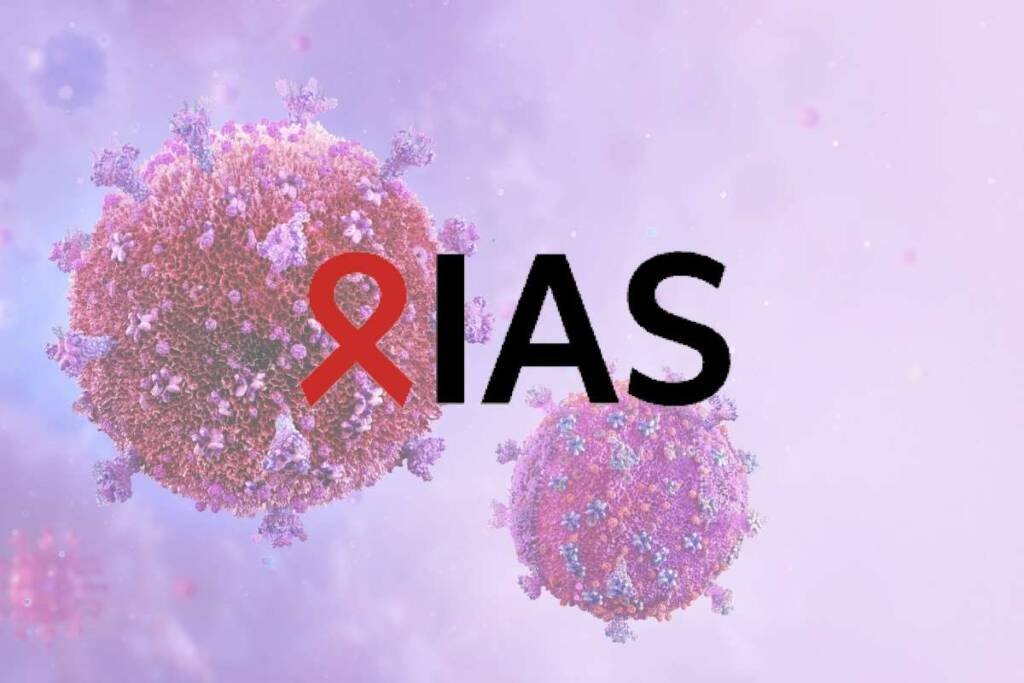Source – Gilead
Gilead Sciences, has released the results of several studies further solidifying Biktarvy (bictegravir 50 mg/emtricitabine 200 mg/tenofovir alafenamide 25 mg tablets, B/F/TAF) as a viable treatment option for a wide range of individuals living with HIV. These recent findings encompass crucial insights into treating virologically suppressed pregnant women and children aged two years and above (weighing at least 14 kg to less than 25 kg). Additionally, positive Week 96 data from the ALLIANCE trial in adults with HIV/hepatitis B (HBV) coinfection initiating therapy were also presented. The data were shared during the 12th International AIDS Society (IAS) Conference on HIV Science (IAS 2023), held from July 23-26 in Brisbane, Australia.
Pregnant Women with HIV
In an open-label research study that assessed the pharmacokinetics, safety, and effectiveness of switching to once-daily Biktarvy in pregnant women with HIV who had achieved viral suppression, the drug demonstrated overall good tolerance. All participants maintained viral suppression at the time of delivery, with their HIV-1 RNA levels remaining below 50 copies/mL (total of 32 participants). Additionally, there were no instances of perinatal HIV transmission observed during the study. Notably, no adverse events or drug-related issues were reported that would necessitate premature discontinuation of Biktarvy in either the pregnant women or their neonates. These promising findings suggest that Biktarvy could be considered as a suitable treatment option during pregnancy, without requiring any changes in the dosing regimen.
“This study demonstrates the potential role of B/F/TAF as a treatment of HIV in pregnant women, a population that has historically been difficult to study and that continues to have significant needs. The clinical profile of Biktarvy is further supported by safety data and no mother-to-child transmission in this study and data showing that normal dosing may be appropriate. These are important findings for pregnant women and their healthcare providers when considering HIV treatment.”
– Anchalee Avihingsanon, MD, PhD, Senior Researcher, HIV–NAT, Thai Red Cross AIDS Research Center, Thailand
Pediatric HIV
New data on Biktarvy presented at IAS 2023 included an analysis of two ongoing, open-label studies investigating the effects of the drug on weight, height, body mass index (BMI), and lipid metabolism in virologically suppressed children with HIV. The participants, who were 81.6% Black and aged ≥2 years, with a weight of 14 to <25 kg, were switched to either Biktarvy (n=22) or elvitegravir/cobicistat/emtricitabine/tenofovir alafenamide (E/C/F/TAF; n=27).
After 48 weeks of treatment, the results showed positive trends in the participants’ weight and BMI. The proportion of children classified as underweight decreased from 20.4% to 14.3% in the Biktarvy group, while the proportion of those with a normal weight increased from 67.3% to 73.5%. Meanwhile, the proportion of overweight or obese children remained stable at 12.2%.
Furthermore, the study observed overall improvements in lipid metabolism parameters during the 48 weeks of treatment with Biktarvy.
These findings hold significant importance as children with HIV typically require lifelong antiretroviral therapy. Thus, investigating the impact of treatments on weight, height, BMI, and lipid parameters in this young age group is crucial for ensuring their well-being and health.
“It is important that we limit the potential for weight and metabolic changes as a result of antiretroviral treatment in young children with HIV. In this study, the results of the TAF-based regimens further reinforce the role of these regimens as an appropriate treatment option for this population.”
– Eva Natukunda, MD, Head of Department of Pediatrics, Joint Clinical Research Centre, Uganda
HIV/HBV Coinfection
The ALLIANCE Phase III study is an ongoing trial comparing the effectiveness of Biktarvy with a combination of dolutegravir (DTG) and emtricitabine/tenofovir disoproxil fumarate (F/TDF) in adults who have both HIV-1 and HBV co-infection and are starting antiviral treatment. The Week 96 results demonstrated that both antiretroviral regimens were highly effective in achieving and maintaining viral suppression. Participants who began treatment with Biktarvy (n=121) or DTG+F/TDF (n=122) had similar rates of viral suppression, indicating the clinical benefits of Biktarvy for adults with both HIV-1 and HBV co-infection.
At Week 96, the data showed that Biktarvy resulted in numerically higher levels of hepatitis B viral suppression (HBV DNA <29 IU/mL) compared to the DTG+F/TDF regimen (75% vs. 70%). Participants on Biktarvy also showed higher rates of alanine aminotransferase (ALT) normalization (72% vs. 57%) and hepatitis B surface antigen loss (23% vs. 14%), indicating potential improvements in HBV-related markers. Moreover, the rates of HIV suppression (HIV-1 RNA <50 copies/mL) were high and comparable between the two treatment groups (87% vs. 88%).
The safety findings for both treatment groups were similar, with no major differences in adverse events (AEs). The reported AEs included upper respiratory tract infection, COVID-19, pyrexia (fever), ALT increase, and nasopharyngitis (inflammation of the nose and throat).
The trial also offered an open-label extension phase, allowing select participants to continue receiving Biktarvy for up to 48 weeks beyond Week 96.
In conclusion, the results from the ALLIANCE study highlight the efficacy and safety of Biktarvy in treating adults with HIV-1 and HBV co-infection, suggesting it as a valuable option for antiviral therapy in this patient population.
“Gilead is committed to the treatment of HIV in a broad range of people with diverse health needs, which is a cornerstone of our global efforts to help end the epidemic. These studies build on our understanding of Biktarvy and its role in helping people affected by HIV by providing clinically relevant treatment data for pregnant women, children and those living with comorbidities like HBV.”
– Jared Baeten, MD, PhD, Vice President, HIV Clinical Development, Gilead Sciences





























